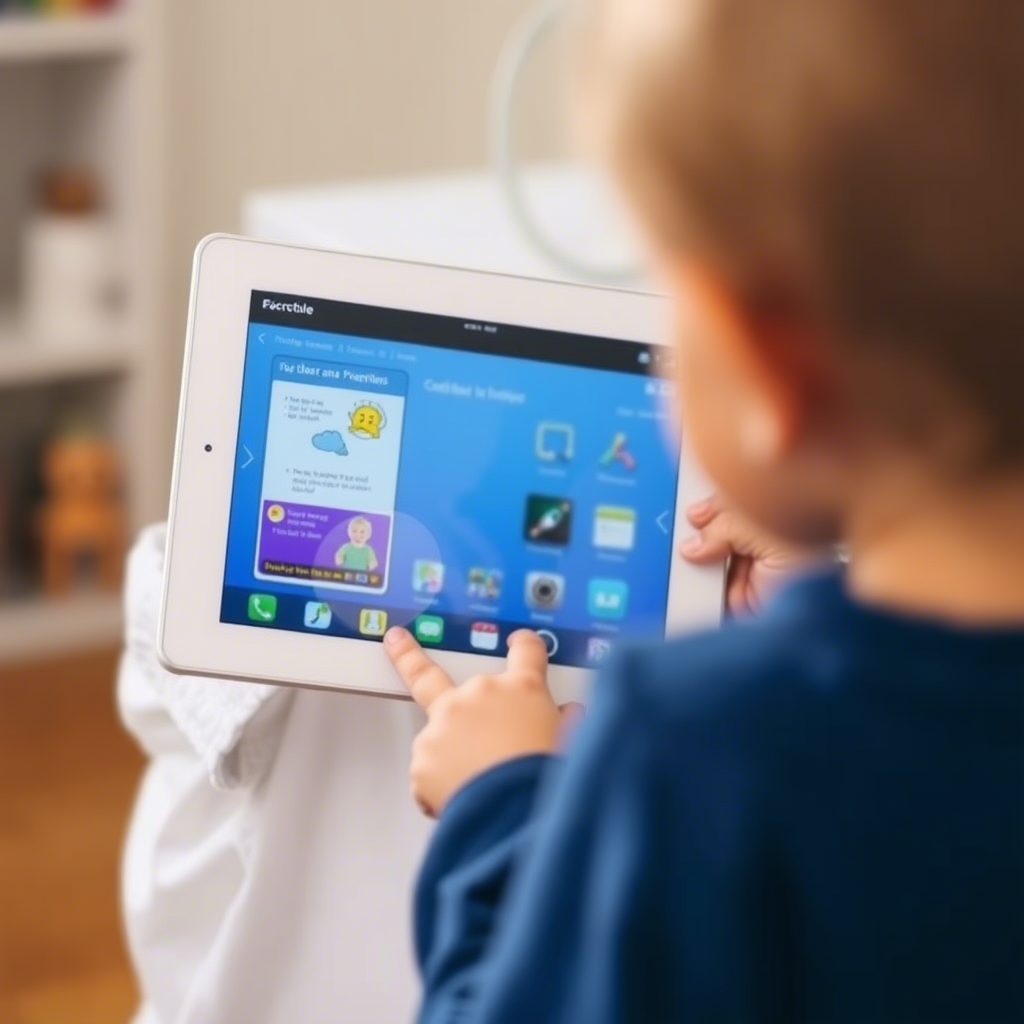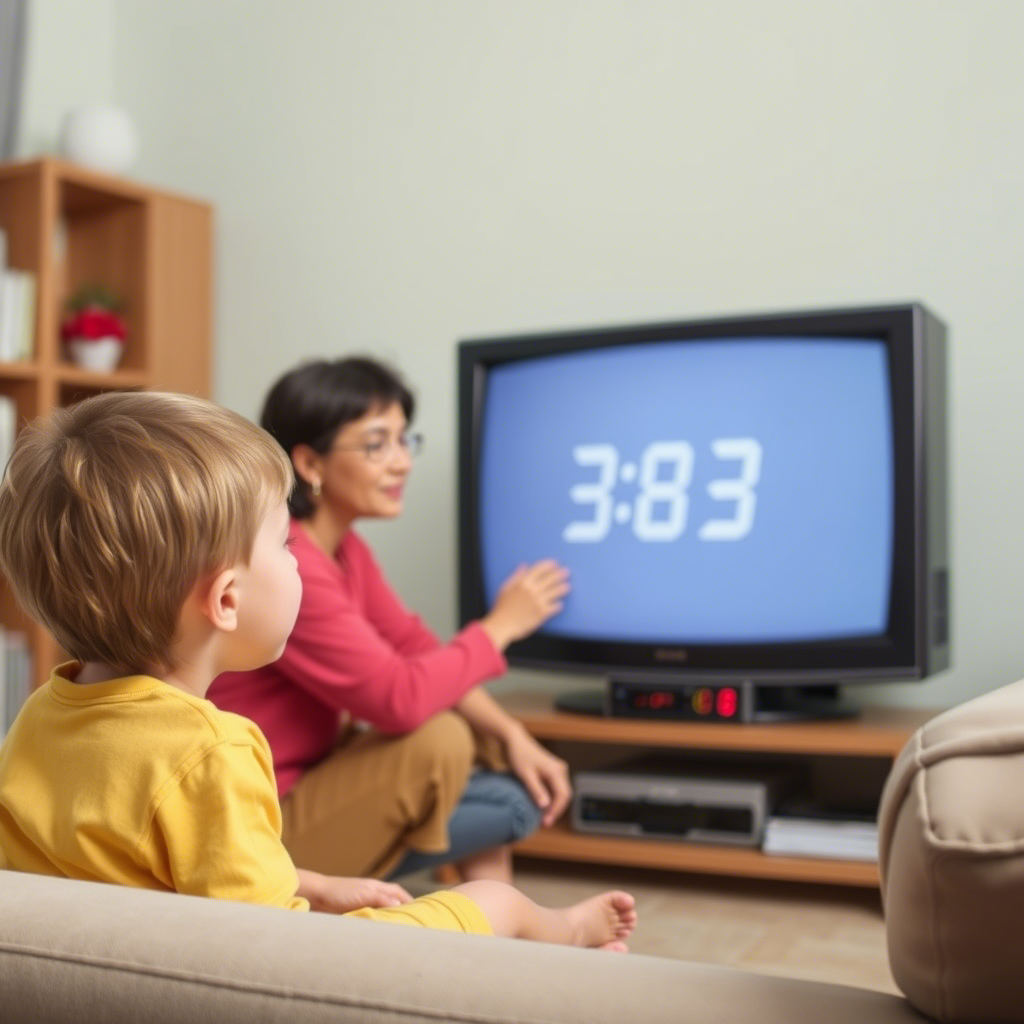Screen Time For Babies And Toddlers: Why Humans Beat Screens And How To Limit Exposure
The advent of digital technology has revolutionized the way we live, work, and interact with one another. However, the increasing exposure to screens among babies and toddlers has raised concerns among parents and caregivers about its potential impact on their development. As we navigate this digital age, it’s essential to understand the effects of screen time on young children and explore strategies to limit their exposure.
The Impact of Screen Time on Babies and Toddlers
Excessive screen time has been linked to various negative effects on the physical, emotional, and cognitive development of babies and toddlers. Some of the key concerns include:
- Delayed language development: Exposure to screens at a young age can hinder language skills, as it reduces the amount of time spent interacting with caregivers and engaging in conversations.
- Sleep disturbances: The blue light emitted from screens can interfere with the production of melatonin, leading to sleep problems and other related issues.
- Increased risk of obesity: Prolonged screen time is often associated with a sedentary lifestyle, contributing to a higher risk of obesity and related health problems.

The Importance of Human Interaction
Human interaction plays a vital role in the development of babies and toddlers, providing them with essential social, emotional, and cognitive skills. Some of the key benefits of human interaction include:
- Emotional intelligence: Interacting with caregivers helps young children develop emotional intelligence, enabling them to understand and manage their emotions effectively.
- Social skills: Human interaction teaches children important social skills, such as communication, empathy, and cooperation.
- Cognitive development: Engaging in activities with caregivers, such as reading and playing, can enhance cognitive development and promote learning.
Strategies for Limiting Screen Time
Limiting screen time is crucial to ensuring the healthy development of babies and toddlers. Some effective strategies include:
- Setting screen-free zones: Designating areas or times as screen-free can help minimize exposure to screens.
- Establishing screen time limits: Setting limits on screen time can help prevent excessive exposure and promote other activities.
- Encouraging alternative activities: Engaging children in activities like reading, puzzles, or outdoor play can reduce their reliance on screens.

Creating a Healthy Screen Use Environment
Creating a healthy screen use environment involves a combination of setting limits, encouraging alternative activities, and being mindful of the content being consumed. Some key considerations include:
- Choosing high-quality content: Opting for educational and age-appropriate content can help minimize potential harm.
- Co-viewing with children: Watching or using screens with children can help them understand and contextualize what they’re seeing.
- Monitoring screen time: Keeping track of screen time can help identify areas for improvement and ensure adherence to established limits.
For parents looking to dress their kids in style while managing screen time, consider checking out the boys’ coat collection for a great way to keep them comfortable and fashionable during outdoor activities.
Implementing Screen Time Limits
Implementing effective screen time limits requires a combination of planning, consistency, and creativity. Some strategies include:
- Creating a screen time schedule: Establishing a routine can help children understand when it’s time for screens and when it’s not.
- Using parental controls: Utilizing parental controls can help limit access to certain content and restrict screen time.
- Finding alternative activities: Engaging children in other activities can reduce their reliance on screens and promote a healthier lifestyle.

For more information on managing screen time and promoting healthy development, you can visit Lezon Kids for a range of resources and products designed to support parents and caregivers.
Conclusion
The impact of screen time on babies and toddlers is a pressing concern that requires attention and action from parents and caregivers. By understanding the effects of screen time, promoting human interaction, and implementing effective strategies to limit exposure, we can help ensure the healthy development of young children. By being mindful of screen time and creating a balanced lifestyle, we can give children the best possible start in life.

Comments